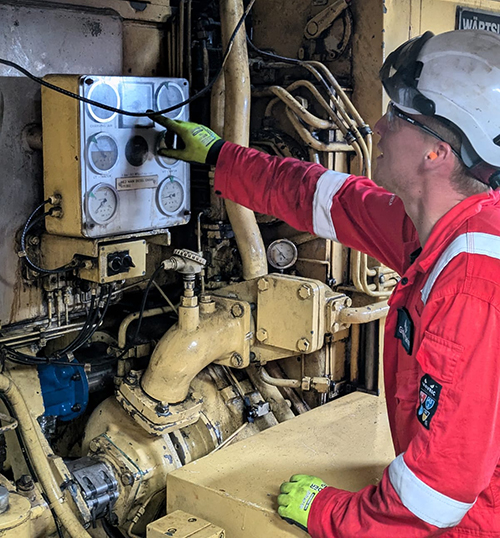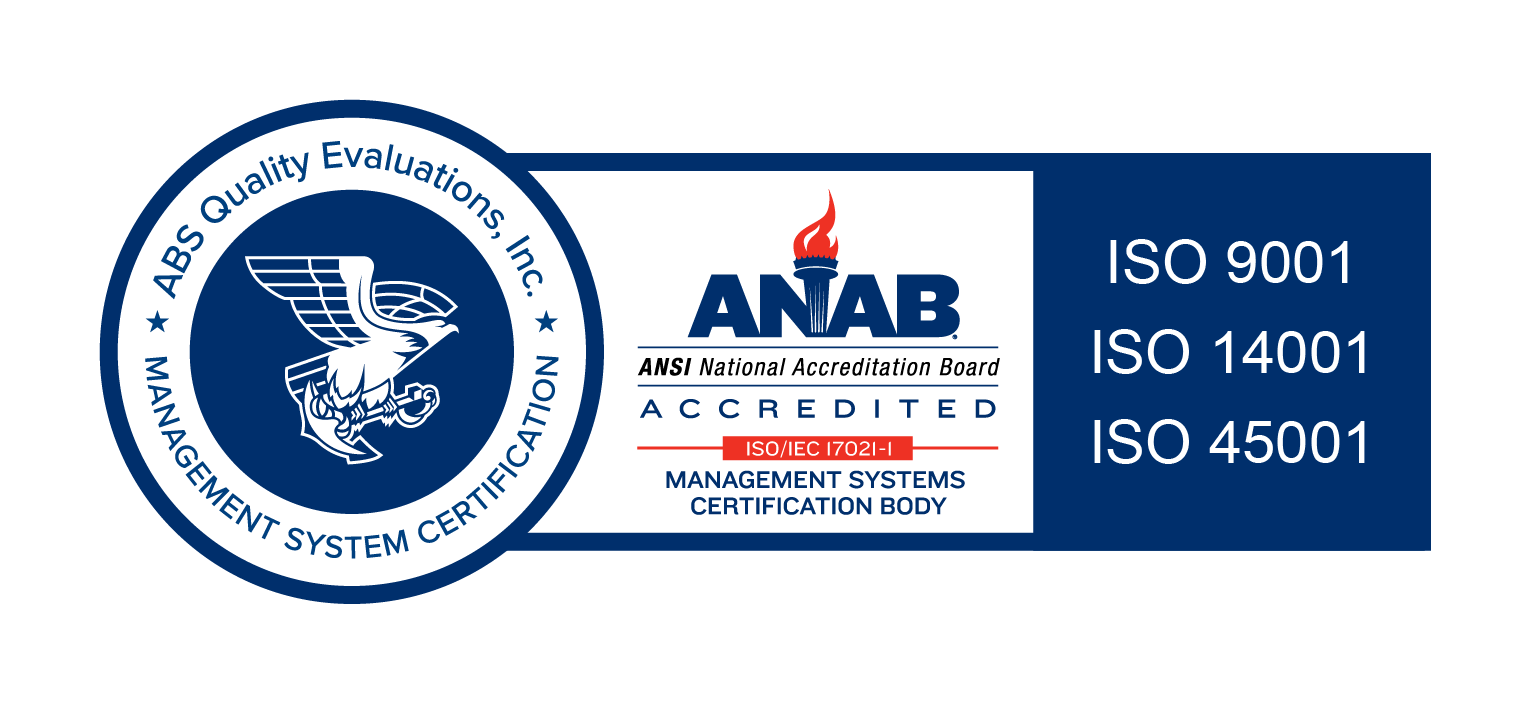Contact Us
Marine Engineer

The Role of a Marine Engineer
Engine Operation and Maintenance: Marine Engineers are responsible for operating and maintaining the main engines, auxiliary engines, and other propulsion systems, conducting regular inspections and repairs as needed.
Mechanical and Electrical Systems: Marine Engineers manage the ship’s mechanical and electrical systems, including generators, pumps, boilers, and refrigeration systems. They perform routine maintenance, troubleshoot issues, and repair or replace faulty components.
Power Generation and Distribution: They oversee the generation and distribution of electrical power on the ship, ensuring a stable power supply to all shipboard systems.
Fuel Management: Marine Engineers are responsible for the ship’s fuel systems, including storage, transfer, and consumption monitoring. They ensure efficient fuel usage and compliance with environmental regulations.
Safety and Emergency Procedures: Marine Engineers play a crucial role in the ship’s safety systems. They maintain fire-fighting equipment, emergency generators, and lifeboat engines.
Plumbing and Hydraulic Systems: They maintain and repair the ship’s plumbing systems, including water supply, sewage, and ballast systems.
Heating, Ventilation, and Air Conditioning (HVAC): Marine Engineers are responsible for the ship’s HVAC systems, ensuring proper climate control and ventilation throughout the vessel.
Environmental Compliance: Marine Engineers ensure the ship complies with environmental regulations, including waste management, emissions control, and pollution prevention. They manage systems for treating and disposing of waste and monitor emissions to minimise environmental impact.
Record Keeping and Documentation: They maintain detailed records of maintenance activities, repairs, fuel consumption, and other operational data. This documentation is essential for regulatory compliance and operational efficiency.
Marine Engineer Cadet Training
This course involves studying at our UK specialist nautical college partner and is set over a three year period which is split into three College Phases and two Sea Phases. As a minimum the candidate must achieve eight months sea time.
Topics covered at College
Practical Training
Safety Training
Sea Phase
A Task Record Book is issued where reports and specific tasks are to be performed.
Meet Marine Engineer Cadet Thomas Mill
His presentation covers the coursework, which includes a broad range of technical subjects, along with the hands-on learning that occurs onboard ships. He also shares the practical knowledge and real-world experience he gained while working on the Cable Retriever.
